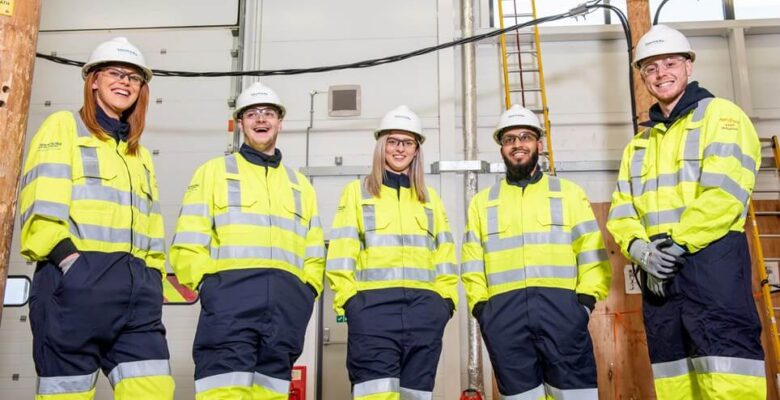
Stockport and Warrington based Electricity North West is predicting that the region can expect 1.2 million electric vehicles to be on its roads by 2030, up from 200,000 currently.
With battery costs for electric cars decreasing, the region’s power grid operator has increased its forecast by 20% as it prepares to ensure the electricity supply in the North West can cope with the increased demand of low-carbon vehicles.
Electricity North West’s Steve Cox, who leads on innovation and modernisation strategies, said:
“With falling battery costs making electric vehicles more and more affordable, we’re expecting a revolution in how people get around the region.
“We expect the number of electric vehicles on the North West’s roads to soar from around 20,000 now to more than 1.2 million by the end of the decade.
“But that shift to electric transport will be just one of a number of huge transitions we will make over the next eight years. As the network operator, we make these detailed assessments to ensure we’re ready for them all.”
Electricity North West has made the prediction as it prepares to ensure that the region’s power grid has capacity to cope with the shift to low-carbon electric alternatives to fossil fuels. The organisation has already set out a £1.8 billion programme of investment in infrastructure to create additional network capacity between 2023 and 2028 and reduce the carbon footprint of the grid.
The network operator’s predictions, set out in its Distribution Future Electricity Scenarios (DFES) report, will inform a Network Development Plan, due to be published in May 2022, outlining the essential work needed to be undertaken to meet predicted needs of residents and businesses in the North-west.
Mr Cox added:
“As the network operator, it’s our job to make sure that everyone living and working in the North West can continue to depend on the network, just as they do now, even with all these rapid changes.
“This [DFES] report will help us to determine how we balance the supply and demand on the network.
“Flexibility services – where we work with businesses to encourage them to use power more flexibly – are a key tool that help us to decarbonise our electricity supply, while ensuring that our networks remain resilient, reliable and meet our customers’ needs now and throughout the transition.”




















 Manchester Airport celebrates three years of new-look Terminal 2
Manchester Airport celebrates three years of new-look Terminal 2  Manchester Airports Group continues record-breaking streak
Manchester Airports Group continues record-breaking streak  MAG reports record year for passenger numbers in annual results
MAG reports record year for passenger numbers in annual results